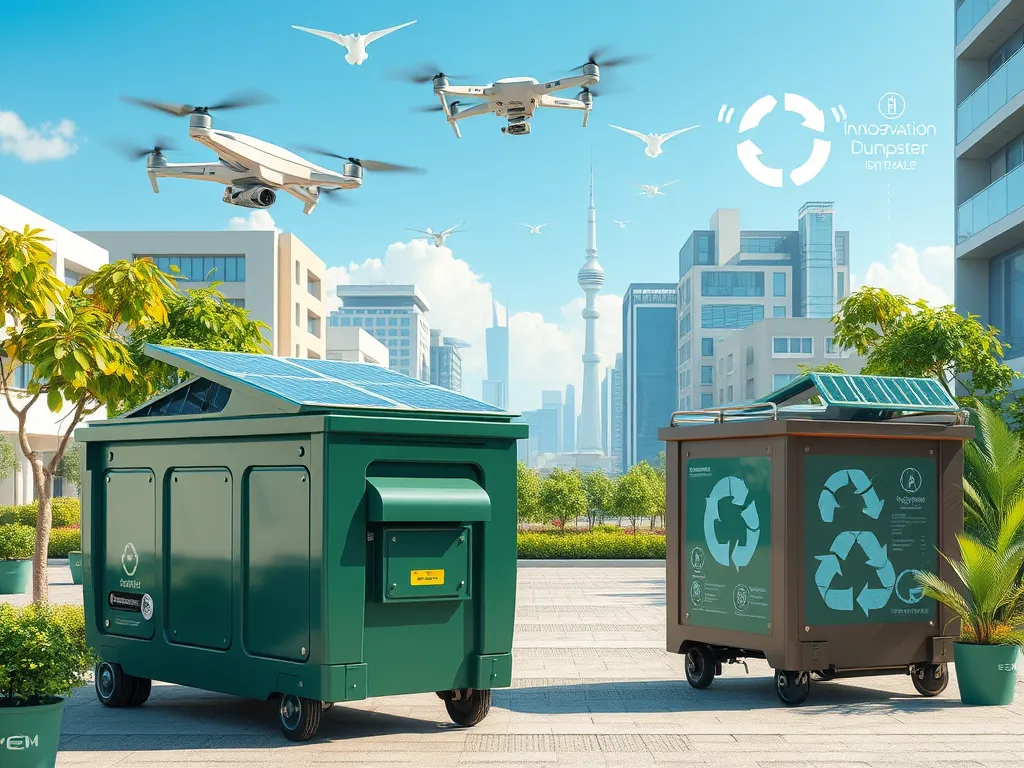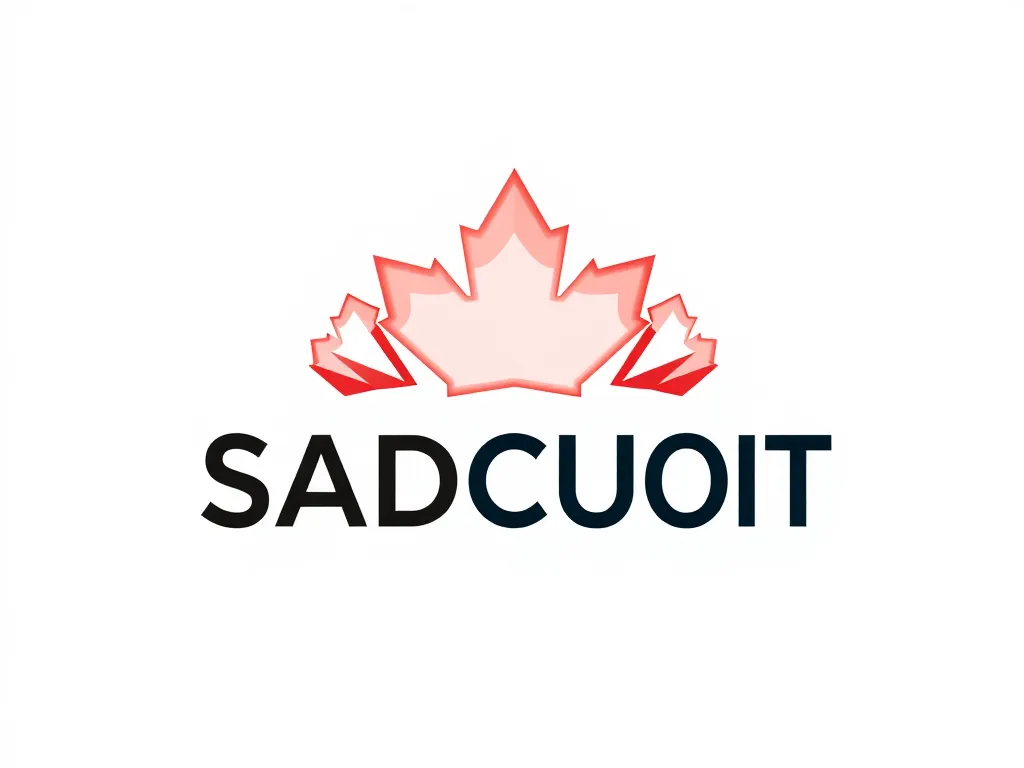Exciting Innovations in Dumpster Rental and Waste Removal Technology

Innovations in Dumpster Rental and Waste Removal Technology
In recent years, the landscape of dumpster rental and waste removal has undergone significant transformations driven by technological advancements and a growing emphasis on sustainability. Innovations in dumpster rental and waste removal technology have led to more efficient processes, enhanced customer experiences, and environmentally-friendly practices that align with modern waste management goals. As we explore the latest trends in this domain, we uncover the ways in which businesses and consumers alike are benefiting from these cutting-edge solutions.
One of the most notable innovations in this sector has been the integration of smart dumpster solutions, which leverage Internet of Things (IoT) technology to enhance efficiency in waste collection and management. These smart dumpsters are equipped with sensors that monitor fill levels, allowing providers to optimize routes and schedules for pickups. This not only reduces operational costs but also minimizes the carbon footprint associated with excessive waste collection trips, making it a pivotal advancement in waste management.
Additionally, automated waste sorting technologies are gaining traction as part of the innovations in dumpster rental and waste removal technology. These systems utilize advanced sorting mechanisms to categorize waste materials accurately, ensuring that recyclables are separated from general waste in real-time. By streamlining the sorting process, waste removal companies can significantly improve recycling rates and reduce the amount of waste sent to landfills, contributing to a more sustainable future.
Remote management capabilities also play a crucial role in transforming the waste removal landscape. Service providers can now monitor and manage their fleets remotely, receiving notifications about dumpster fill levels, maintenance needs, and more, all through centralized software platforms. This level of oversight enhances operational efficiency and allows for quicker responses to customer needs, further elevating the service experience in dumpster rental and waste removal.
Moreover, as the world shifts its focus towards sustainable waste management practices, we witness the rise of eco-friendly dumpster rental options. Companies are increasingly offering sustainable alternatives, such as eco-conscious dumpster materials and disposal methods aimed at minimizing environmental impact. This trend not only meets the demands of environmentally conscious consumers but also aligns with the global push for greener practices in the waste management industry.
Smart Dumpster Solutions
Smart dumpster solutions have revolutionized waste management by integrating IoT-enabled smart dumpsters into the rental process. These dumpsters are designed with sophisticated sensors that provide real-time data on waste levels, allowing for better inventory management and optimized collection schedules. With this technology, service providers can minimize unnecessary pickups and reduce fuel consumption, contributing to a greener approach to waste removal.
Explore how technology is shaping the future of waste management in this insightful article on AI's revolution in solid waste management.
Real-time tracking and monitoring are essential features of smart dumpster solutions, enabling waste management companies to stay informed about the status of their dumpsters at all times. Through GPS and communication technologies, operators can track the location and fill levels of dumpsters, allowing for quick adjustments to routes and schedules based on current demands. This not only enhances efficiency but also improves service delivery for customers.
Automated waste sorting technologies are another exciting aspect of smart dumpster solutions. By employing advanced sensors and machine learning algorithms, dumpsters can automatically sort recyclables from trash. This innovation streamlines the recycling process and significantly increases the volume of materials that can be recycled, thereby supporting sustainability efforts and reducing landfill contributions.
For service providers, remote management capabilities offered by smart dumpsters enable effortless monitoring of operations. Companies can receive alerts about maintenance needs or when a dumpster is nearing capacity, allowing them to plan waste collection proactively and efficiently. This level of flexibility is particularly beneficial in urban areas where demand can fluctuate rapidly.
Sustainable Waste Management Practices
In response to growing environmental concerns, sustainable waste management practices have gained momentum, leading to the development of eco-friendly dumpster rental options. These options include dumpsters made from recyclable materials and the implementation of practices that ensure waste is disposed of responsibly. Such innovations cater to businesses and homeowners who prioritize sustainability and are looking to minimize their ecological footprint.
Composting technologies and solutions are also becoming increasingly popular as part of sustainable waste management practices. By providing dedicated composting dumpsters, waste management companies encourage customers to divert food waste and organic materials from landfills. These initiatives not only reduce greenhouse gas emissions but also promote the creation of nutrient-rich compost that can benefit local agriculture.
Recycling innovations in waste removal are paving the way for more effective recycling systems. Advanced sorting technology, coupled with greater public awareness of recycling methodologies, has led to improved recycling rates in many communities. Efforts to educate the public about proper recycling practices are key components of this trend, ensuring that materials like plastics and metals are correctly sorted and processed.
Zero waste initiatives in urban areas are gaining traction as cities strive to become more sustainable. These initiatives involve comprehensive waste management strategies, including extensive recycling programs, composting, and educational campaigns to encourage responsible waste disposal. By fostering community involvement and transparency, cities can work towards reducing waste and promoting a circular economy.
Mobile Apps for Waste Management
The rise of mobile apps for waste management has further streamlined the dumpster rental process, creating user-friendly platforms for consumers. These apps allow users to easily find and rent dumpsters, providing necessary information such as sizes, prices, and availability at their fingertips. The convenience of mobile technology is transforming how consumers interact with waste management services.
Booking and scheduling through apps has made the entire dumpster rental experience more efficient. Customers can select the type of dumpster they need, set their rental duration, and schedule pickups—all through an intuitive app interface. This eliminates the need for lengthy phone calls or complicated booking processes, making it easier than ever to access waste removal services.
Mobile payment solutions for waste services are also becoming the norm, allowing customers to pay for their rentals directly through the app. This modern convenience provides seamless transactions and enhances user satisfaction by offering real-time payment confirmations and invoicing.
Feedback and rating systems integrated within these mobile apps empower users to share their experiences and rate services. This feature fosters accountability among waste management providers and helps consumers make informed decisions based on past service quality, ultimately driving higher standards across the industry.
Advanced Recycling Technologies
Innovations in recycling technologies are crucial to improving waste management systems, and mechanical recycling innovations are at the forefront. These advancements involve the development of new machinery and techniques that enhance the efficiency of sorting and processing recyclable materials. This not only increases the quantity of recyclables recovered but also allows for a more diverse range of materials to be recycled.
Chemical recycling processes are gaining traction as a complementary solution to mechanical recycling. These processes can break down plastics and other materials at a molecular level, allowing for the recycling of materials that were previously deemed non-recyclable. By expanding the types of materials that can be recycled, this technology contributes to a more sustainable circular economy.
Closed-loop recycling systems are emerging as a way to reintegrate recycled materials back into production processes, eliminating waste altogether. These systems ensure that products made from recycled materials can be reused indefinitely, creating a sustainable lifecycle for consumer goods and reducing dependence on virgin materials.
Emerging technologies for plastic waste are addressing one of the most pressing environmental challenges of our time. Innovations such as enzymatic recycling and biodegradable alternatives are being explored to find effective solutions for managing plastic waste, thereby reducing its impact on landfills and the environment.
Waste Reduction Technologies
On-site waste shredding and processing technologies are revolutionizing waste management by allowing businesses to manage waste more efficiently and sustainably. These systems convert waste into smaller, more manageable pieces, enabling easier transportation, storage, and recycling. By reducing waste volumes at the source, businesses can significantly decrease their overall waste output.
Waste-to-energy conversion systems are becoming an integral aspect of modern waste management. These technologies harness energy from waste materials, converting them into usable energy through processes like incineration and anaerobic digestion. By generating energy from waste, communities can reduce landfill reliance while creating a sustainable energy source.
Digital solutions for waste tracking have emerged as vital tools for waste management companies. These technologies allow for the accurate tracking of waste from production to disposal, providing valuable insights that can drive operational efficiencies and enhance sustainability initiatives. Data analytics can reveal trends and areas for improvement, facilitating better decision-making.
Public awareness campaigns on waste reduction are essential in promoting sustainable practices within communities. By educating the public on the importance of reducing waste and recycling, these campaigns encourage individuals and businesses to take actionable steps toward waste reduction. This collective effort can lead to significant advancements in reducing overall waste generation and promoting environmental stewardship.
